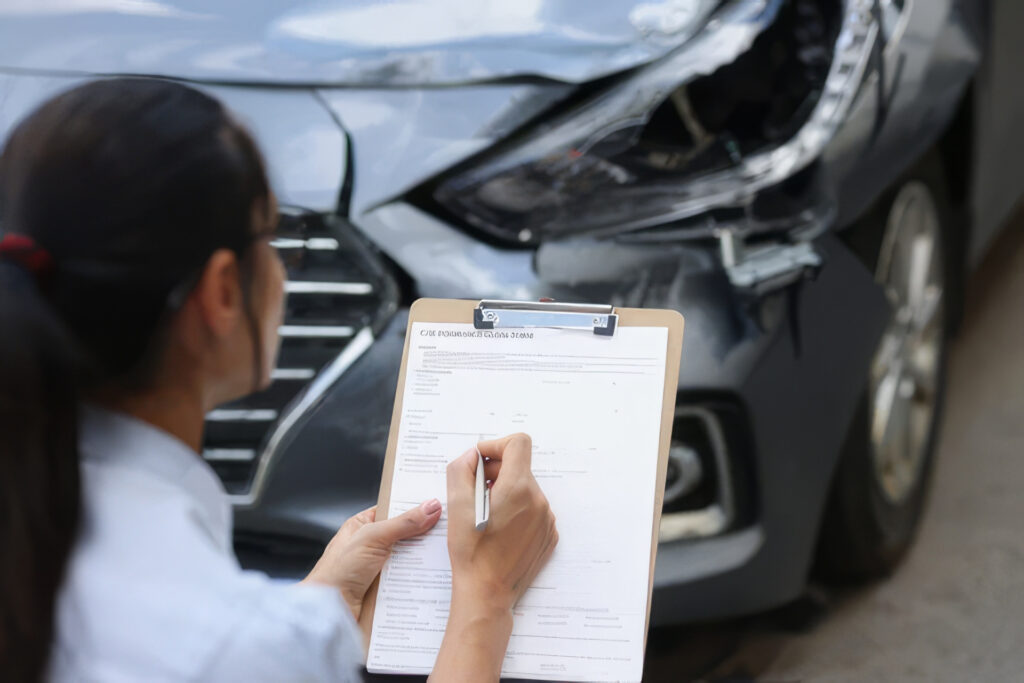
So you’ve just had a car accident. First off—are you okay? Once the shock wears off, you’re probably wondering: “What now?” Filing a car accident insurance claim can feel like navigating a maze blindfolded. But don’t worry—I’m going to walk you through it, step by step, like your trusty GPS.
Let’s break it down.
Understanding Car Insurance Claims
What Is a Car Insurance Claim?
Think of a car insurance claim as your formal “Hey, I need help!” to your insurer. It’s the process of asking your insurance company to pay for damages or injuries after a car accident, based on the coverage you’ve been paying for all this time.
Why Filing Promptly Matters
Time is of the essence. Insurance companies have deadlines (some as short as 24–48 hours!) for when you must report an accident. Waiting too long? That could cost you your entire claim.
Immediate Steps After a Car Accident
Check for Injuries First
Before anything else, check yourself and passengers for injuries. Safety comes first. If anyone’s hurt, call 911 right away. Don’t try to be a hero—leave the medical stuff to the pros.
Move to a Safe Location
If your car is drivable and it’s safe, move it to the shoulder or a parking lot. Standing in the middle of the road? Not a vibe.
Call Emergency Services
Even if it seems minor, it’s a good idea to call the police. A police report adds credibility and can be a game-changer during claims.
Gather Crucial Information
Here’s your accident checklist:
- Other driver’s name, phone, and license
- Insurance info (take pics of their card!)
- Vehicle details (make, model, plate)
- Location, time, and weather conditions
Documenting the Scene Like a Pro
Take Plenty of Photos
Snap photos like you’re launching a true crime documentary:
- Your car’s damage (close-ups and wide shots)
- The other vehicle(s)
- Road conditions, skid marks, traffic signs
- Injuries (if visible and appropriate)
Get Eyewitness Statements
Bystanders can be your secret weapon. If someone saw what happened, kindly ask for a statement and their contact info. Their words might help you prove fault—or disprove blame.
Reporting the Accident to Authorities
When You Need a Police Report
Some states require a police report if:
- Injuries occurred
- Property damage exceeds a certain amount
- A crime (like DUI) is involved
Even if not required, having a report helps smooth the insurance process. It’s like having a referee at a heated game—keeps things fair.
Contacting Your Insurance Company
Time Limits You Shouldn’t Miss
Most insurers require notification “promptly” after an accident. That’s often within 24–72 hours. Missing the window? Your claim might be denied.
What Information to Provide
Be prepared to share:
- Your policy number
- Accident details (time, place, parties involved)
- Police report number (if available)
- Photos and videos
Pro tip: Stick to the facts—avoid assigning blame.
The Claims Process: Step-by-Step

1. Initial Contact and Claim Number
Once you call or file online, the insurer assigns a claim number. This is your golden ticket—save it!
2. Adjuster Inspection and Damage Evaluation
An adjuster will inspect your vehicle (in person or virtually) and determine repair costs. They may ask questions about what happened—just tell the truth.
3. Estimate Approval and Repairs
Once approved, you can:
- Choose your own repair shop
- Use an insurer-recommended shop
- Sometimes get a repair check upfront
4. Settlement Payouts
If your car is totaled or you have medical expenses, you’ll receive a settlement check based on policy coverage. Review it carefully—don’t be afraid to negotiate!
Tips to Make the Claims Process Smoother
Be Honest, Always
Even small fibs can get your claim denied or lead to legal trouble. Transparency is your best friend.
Keep Records of Everything
From emails to receipts to repair quotes—save it all. Your future self will thank you.
Stay in Touch With Your Adjuster
Build rapport. Ask questions. Stay proactive. Don’t be shy—it’s their job to help you.
Common Mistakes to Avoid
Delaying the Claim
Waiting too long? That could give your insurer a reason to deny the claim or investigate further.
Admitting Fault Prematurely
Even saying “I’m sorry” can be twisted into admitting guilt. Stick to the facts and let the pros sort it out.
Forgetting to Read Your Policy
Do you actually know what’s covered? Many people don’t. Skim through your policy or ask your agent to explain it. Knowing your rights = power.
When to Hire an Attorney
Sometimes, things get messy—like:
- Serious injuries
- Disputed liability
- Lowball settlements
If you feel like David vs. Goliath, call a personal injury attorney. Many offer free consultations.
Final Thoughts
Filing a car accident insurance claim doesn’t have to be a nightmare. With the right steps, some patience, and a little know-how, you’ll navigate the process like a pro. Remember: stay calm, be thorough, and don’t be afraid to advocate for yourself. You’ve got this.
FAQs
1. How long does a car insurance claim take to process?
It varies. Minor claims might resolve in a few days. Complex ones can take weeks or even months, especially if injuries or disputes are involved.
2. Will filing a claim raise my insurance premium?
It can. If you’re at fault, your rates may go up. But if you’re not at fault, some insurers won’t penalize you—especially if it’s your first accident.
3. What if the other driver is uninsured?
If you have uninsured motorist coverage, your policy should cover your damages. If not, you may have to sue or pay out of pocket.
4. Can I choose my own repair shop?
Yes! Most insurers allow it. However, they may also recommend preferred shops that streamline the claims process.
5. Do I need a police report to file a claim?
Not always—but it helps. Especially in disputed claims, that report can be a key piece of evidence.